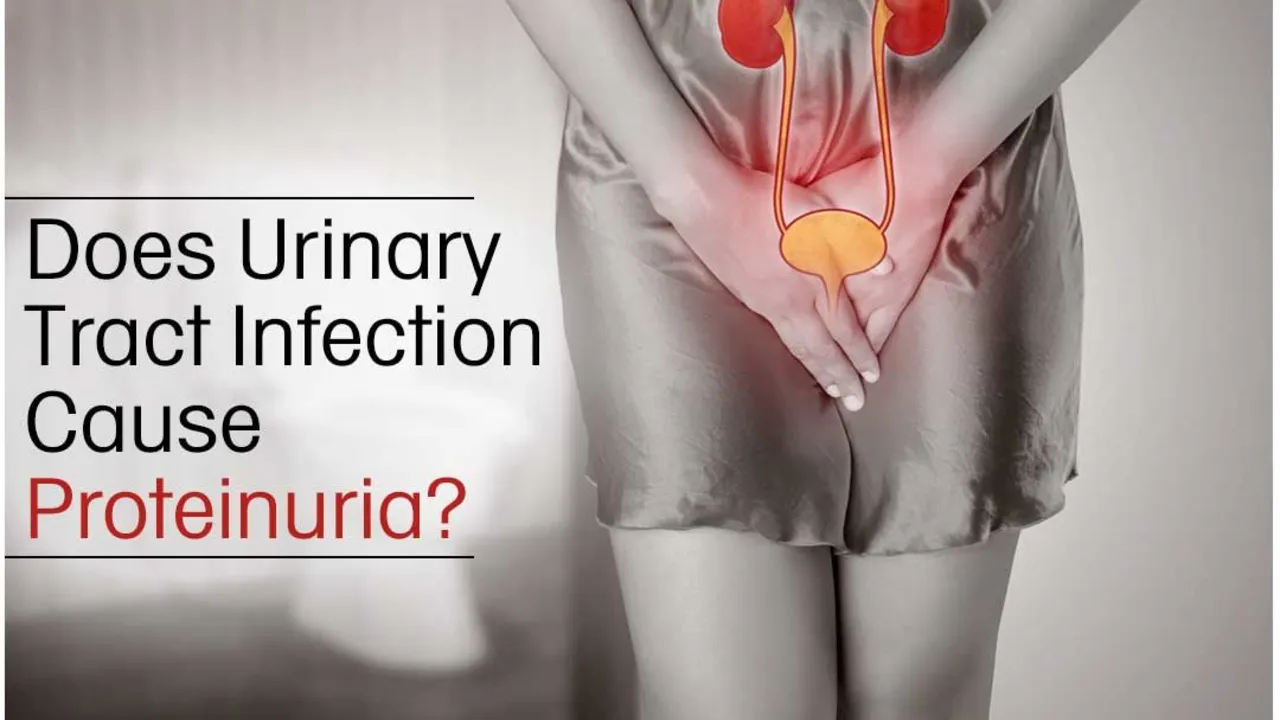Bladder Pain: Causes, Symptoms, and Treatments — November 2023
We published a clear, friendly guide this month about bladder pain — what makes it hurt, how to spot serious signs, and simple steps you can try right away. If you've ever felt burning, urgency, or that nagging ache low in your belly, this summary points you to practical choices and what to discuss with your doctor.
Quick causes and symptoms
Bladder pain doesn’t come from just one thing. Common causes include urinary tract infections (UTIs), interstitial cystitis (a chronic bladder condition), bladder stones, reactions to certain medications, and pelvic floor muscle issues. Symptoms you might notice are frequent urination, sudden strong urges to pee, burning while peeing, pelvic pressure, and spotting blood in the urine. A fever or chills often mean an infection that needs prompt care.
When you read the full article, you’ll find short explanations of each cause so you can tell your doctor what’s been going on. That makes testing and treatment faster and less frustrating.
What you can try today
If you’re dealing with mild bladder pain now, try these practical steps: drink water consistently (don’t chug), skip caffeine and alcohol for a few days, and avoid spicy foods that can irritate your bladder. A warm sitz bath or a heating pad on low can ease pelvic muscle tension. Over-the-counter pain relievers like acetaminophen or ibuprofen can help for a short time, but don’t rely on them instead of getting diagnosed.
A simple diary helps: note what you eat, when pain happens, and how strong it is. That info often reveals triggers and helps your clinician pick the right tests. If symptoms keep coming back, pelvic floor physical therapy can make a big difference, especially when tight muscles are part of the problem.
For suspected UTIs, a urine test and culture guide antibiotic choice. For longer-term conditions like interstitial cystitis, treatment may include bladder-friendly diets, prescription medications, bladder instillations, or specialized physical therapy. Your doctor will match treatment to the likely cause and your personal health history.
Know when to seek immediate care: high fever, severe pain that won’t ease, inability to urinate, or heavy blood in the urine. Those signs can mean a serious infection or obstruction that needs urgent attention.
Our November post breaks these points down with examples and questions to ask your provider. If bladder pain is getting in the way of your day, start with the small steps above, track your symptoms, and see a clinician if things don’t improve within a few days. You don’t have to guess—use clear info and ask for tests that pin down the cause.
Hi guys! As someone who has personally navigated the world of online healthcare, I wanted to share my findings with you. Talking specifically about Cialis Super Active, I found startlingly affordable options available online. This medication essentially works wonders for those battling erectile dysfunction. In this post, I will dive deep into sourcing reliable and wallet-friendly Cialis Super Active online. I'll cover not just the pricing, but also the trustworthiness of the providers, ensuring your journey is as smooth as mine.
Hey guys, let's talk about something a lot of us shy away from - bladder pain. I've been diving deep into the reasons our bladders can cause us grief, the symptoms that cry out for attention, and the treatments we can explore to get relief. From infections to irritations, it's essential to understand what our bodies are trying to tell us and take action. In this post, I'll share the knowledge I've gathered, so you feel empowered to tackle bladder pain head-on. So, sit back as we unravel this uncomfortable topic together.

